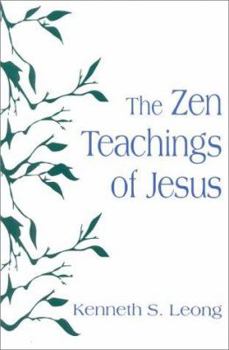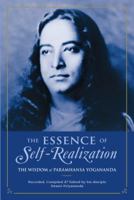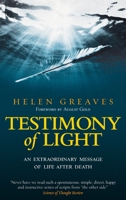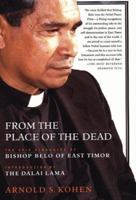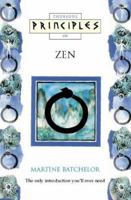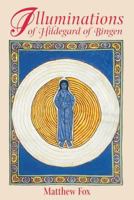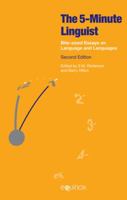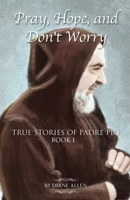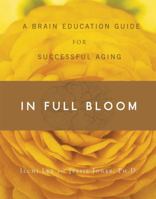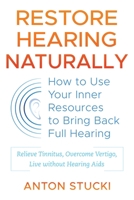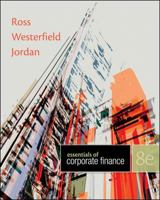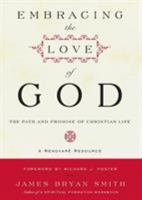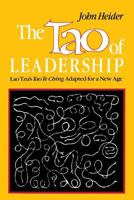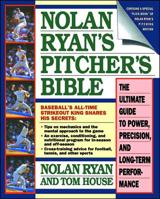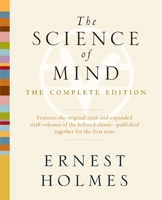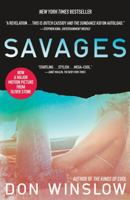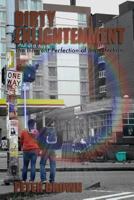Zen Teachings of Jesus
You Might Also Enjoy
Customer Reviews
Rated 5 starsThe Future of Christianity
It was the strangest thing. As I read, Gospel passages kept popping into my head. When I read what came next, the author chose the same aforementioned passages. As a perpetual "beginner" at zazen, I would have liked to have someday written this book, for it tells it as I presently see it, and , I believe, how many more Christians are seeing "IT". As we grow in our assimilation...
0Report
Rated 5 starsThe Zen of Jesus's way in the world
Kenneth Leong's book will let you see a very different Jesus. For me, it was the first time that anyone has helped me win a strong sense of how Jesus might well have lived his life, how he might have come across to the people he met, and of how he walked out the door of the house each day and went about waiting on God (and not for God)in the experience of everyday life, in every encounter met along the road. Leong does this...
1Report
Rated 5 starsA Smile Behind the "Letter"
One of my biggest gripes with Christianity, the religion of my childhood, had been the way that it seemed at some levels to preach indiscriminate equality and tolerance, while at the same time having the tendency to set people against one another. Kenneth Leong's book helped me to sort out this conundrum by providing a key element that had been lacking in all of my, and many others', somber attempts: laughter! Mr. Leong...
0Report
Rated 5 starsK. Leong has done a great service to the world.
I have been piecing together my personal insight together for many years concerning the words of Jesus. On occasion I would talk with people about it. I received in return many quirky smiles and condencending attitudes which is what many of you readers today may have also received when you approached the same 'sacred' subject' . It was just better not to talk about it. The way I saw Jesus and the more traditional views were...
0Report
Rated 5 starsA "must-read" for the serious seeker....
Every once in a while I come across a work that I want to give to everyone I know with the admonition "You have to read this book." _The Zen Teachings of Jesus_ is such a book.Using parables from the Gospels, Mr. Leong finds and follows the common threads woven through Zen and Christianity, explaining them in a way that is at once illuminating, profound, and very accessible. As an example, I have had many problems over the...
0Report










